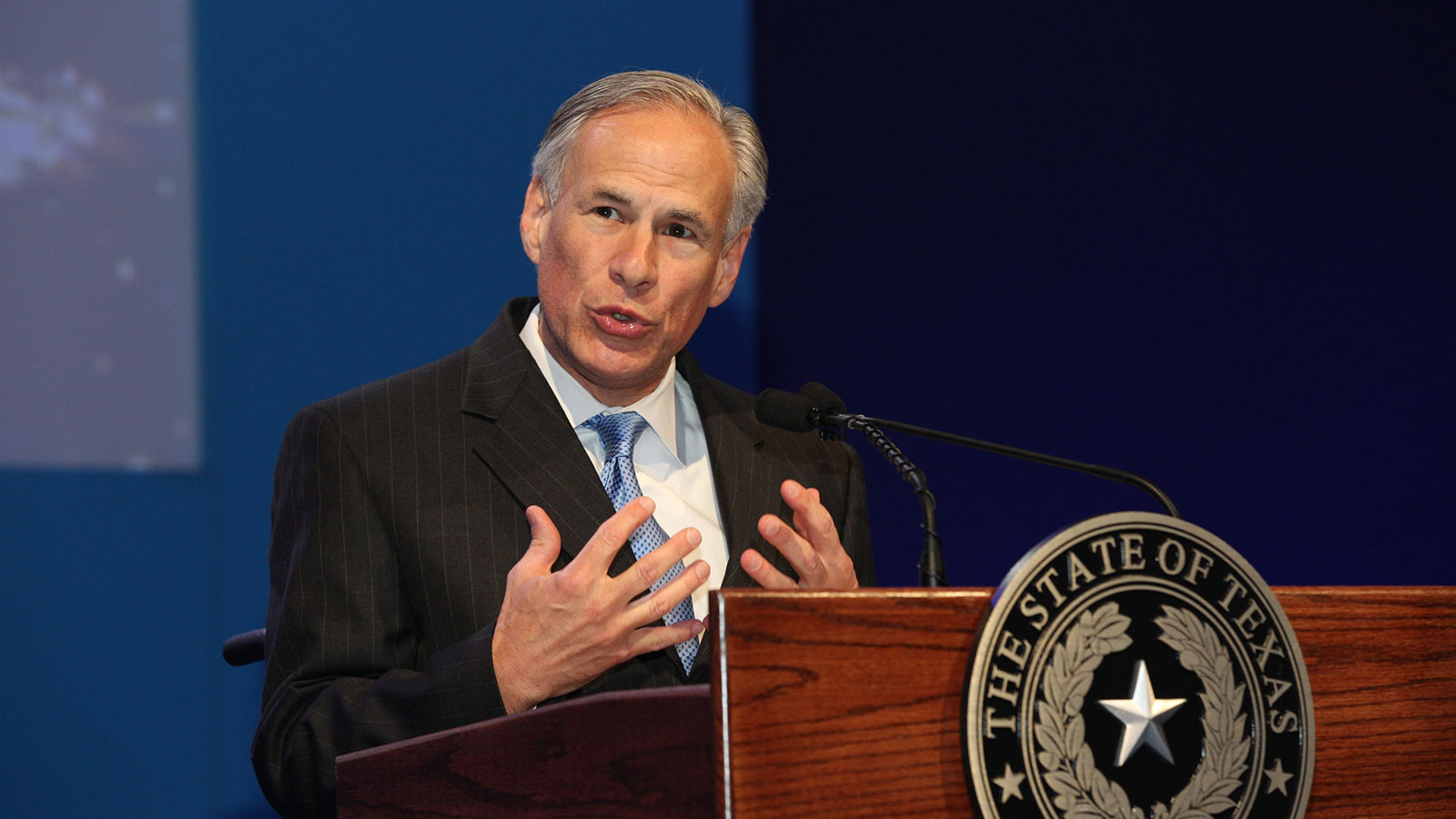By David Badash, The New Civil Rights Movement —
An advisory group of Texas educators has proposed changing the word “slavery” to “involuntary relocation” after the Texas State Board of Education directed them to examine how to implement a new law, signed by Gov. Greg Abbott, banning the teaching of topics that would make students “feel discomfort.”
The group, comprised of nine educators, made the proposal for second-grade social studies instruction, but “board members have asked them to reconsider the phrasing, according to the state board’s chair,” The Texas Tribune reports.
State Board of Education Member Aicha Davis told the Tribune, that calling slavery “involuntary relocation” is “not going to be acceptable.”
“Part of the proposed social studies curriculum standards outlines that students should ‘compare journeys to America, including voluntary Irish immigration and involuntary relocation of African people during colonial times,’” the Tribune notes.
Last year in September Gov. Greg Abbott signed into law SB3, which “prohibits teaching certain concepts about race,” The Dallas Morning News reported at the time.
It also “develops a civics training program for teachers,” and “urges educators to teach only that slavery and racism are ‘deviations’ from the founding principles of the United States.”
SB3 “establishes that teachers can’t be forced to discuss current controversial topics in their classrooms,” The Washington Post reported last year.
Attorney Imani Gandy, a Senior Editor of Law and Policy for Rewire News Group, responded to the news via Twitter.
This was always the point of the CRT hysteria—
to teach white children that slavery was just “involuntary relocation” so they don’t feel bad about what their ancestors did to Black people in this country.
Classic fascist move. https://t.co/bADgz2cfr2
— ⚓️Imani Two-Kitchens Gandy⚓️ (@AngryBlackLady) June 30, 2022
“This was always the point of the CRT hysteria— to teach white children that slavery was just ‘involuntary relocation’ so they don’t feel bad about what their ancestors did to Black people in this country,” she said. “Classic fascist move.”
Source: The New Civil Rights Movement
Featured image: Greg Abbott at WTTC Global Summit 2016 (Wikimedia Commons).















